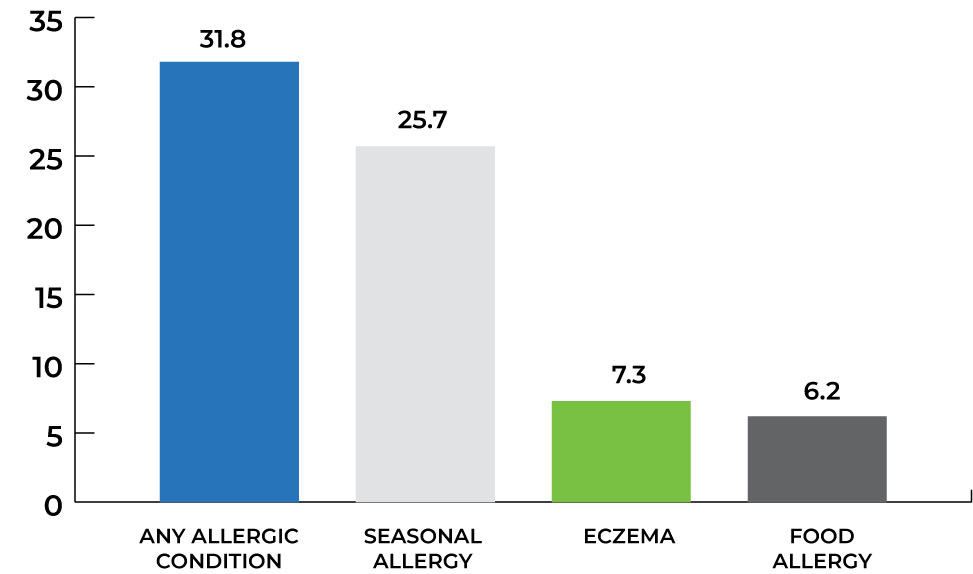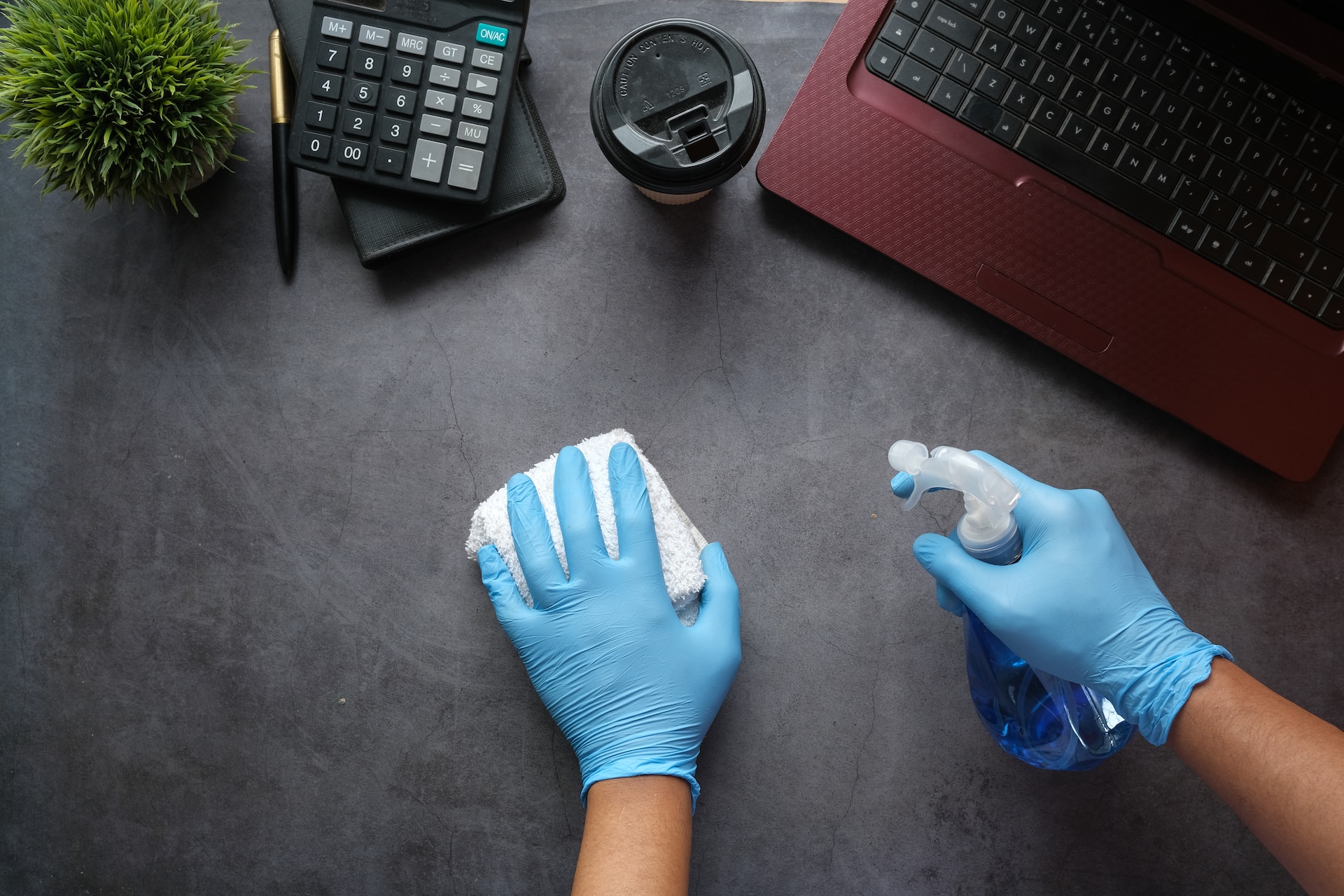Asthma and allergies play an essential role in our everyday lives. According to the Centers for Disease Control and Prevention (CDC), approximately 8% of adults and 6.5% of children in the United States have asthma, affecting millions of people. On the other hand, allergies are even more prevalent, with 31.8% of adults experiencing seasonal allergies, eczema, or food allergies in 2021.
Therefore, keeping your home clean to reduce allergies and asthma is imperative. It starts with regular cleaning and disinfecting, done in an asthma-friendly way.
What should you watch out for regarding home cleaning and indoor air quality?
- Avoid using a feather duster, as it tends to spread dust around, along with dust mites and small particles, through the air.
- Ensure your vacuum does not leak air, as it can spit out the very particles you are trying to eliminate.
- Steer clear of cleaning products containing strong scents, chemicals, and volatile organic compounds (VOCs), as these can trigger asthma. VOCs evaporate into the air when these products are used or stored, causing eye, nose, and throat irritation, headaches, nausea, and potential damage to the liver, kidneys, and central nervous system.
What are some asthma-friendly cleaning tips?
- Use liquid or gel cleaners, and opt for unscented products whenever possible.
- Wear a face mask and gloves (latex-free if you are allergic to latex).
- Use a damp cloth to remove dust.
- Reduce clutter that tends to collect dust.
- Remove mold immediately using soap, warm water, and a brush. If mold persists, a person without asthma can use a bleach solution with good air ventilation.
Regarding individual rooms in your house, here is a list of items to address.
Percentage of people with current asthma by age*, sex **, and race/ethnicity*** in the United States, 2021

*Age defines as children (aged <18 years) and adults (aged 18+ years)
**Sex is defined as persons who answered “male” or “female” to the question “are you male or female?”
*** Sex and race/ethnicity include all ages
Source: National Health Interview Survey, National Center for Health Statistics, Centers for Disease Control and Prevention
Percentage of adults with a diagnosed seasonal allergy, eczema, food allergy, or any allergic condition: United States 2021

Adults were considered to have any allergic condition if they were diagnosed with one or more of three selected conditions: seasonal allergy, eczema, or food allergy. Categories for each allergic condition were not mutually exclusive. Estimates are based on household interviews of a sample of the U.S. civilian noninstitutionalized population. Access data table for source National Center for Health Statistics, national Health Interview Survey 2021.
Kitchen
- Use the exhaust fan to reduce moisture and fumes.
- Store all your food in sealed containers and discard any out-of-date items.
- Mop the floors, wipe cabinets, backsplash, and appliances down weekly.
- Keep your dish rack, light switch plates, phone, and inside garbage can clean.
- To avoid mold, remove moisture in the refrigerator.
Basement
- Ensure you remove any carpeting that shows signs of mold or water damage.
- Give serious thought to utilizing cement or linoleum flooring as an alternative option.
- Introduce a dehumidifier to effectively reduce moisture levels, and clean it weekly.
- In case you come across mold or mildew in the basement, try one of these cleaning approaches:
- Apply straight vinegar to the walls, allowing it to air dry without rinsing.
- Prepare a solution by combining 2 cups of vinegar, 2 cups of very hot water, 1/2 cup of salt, and 2 cups of borax. Apply this solution to the affected area, letting it sit for 30 minutes. Afterward, gently scrub with a soft-bristled brush and rinse thoroughly with plain water.
Living Area
- Wash bedding in hot water weekly.
- Use dust-mite-proof covers for pillows, mattresses, and box springs.
- Wash your cover or comforters regularly.
- Vacuum weekly, preferably with a vacuum that has a HEPA filtration system.
- Never empty the vacuum bag inside the home; do it outside
- and place it directly into a trash bag, tying it securely and putting it in the trash container.
- Wash curtains seasonally, and ensure they are made of cotton or synthetic fabric.
- If you have rugs, make sure they are washable and clean them weekly in hot water.
- Use your AC during pollen season and keep windows closed.
- Keep your pets out of the bedroom.
- Bathe your pet every other week to reduce allergens.
- Maintain your home temperature at 70 degrees Fahrenheit and humidity at 30-50% during the summer to avoid dust mites and mold.
Bathroom
- Run an exhaust fan for 15 to 20 minutes after showering to reduce mold growth.
- Avoid carpeting in the bathroom and use washable rugs instead.
- Remove wallpaper and install tiles or use paint with mold-resistant enamel.
- Remove mold from the tub and faucet.
- Replace moldy shower curtains and bathmats.
- Repair any leaks.


